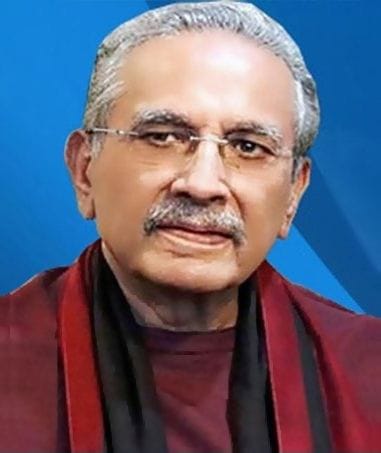Strong action needed to free country from cartel’s grip
Staff Report
ISLAMABAD: Business leaders have demanded a transparent, time-bound investigation into the sugar mills cartel, accusing it of price manipulation, strategic hoarding, and policy capture that have drained billions from consumers and weakened the economy.
They argued that the recent surge in sugar prices to nearly Rs 200 per kilogram is not driven by market forces but by a deliberate scheme orchestrated by mill owners.
Speaking at a meeting, they said that independent estimates put the cartel’s annual windfall at around Rs 300 billion. In comparison, some assessments place the broader economic impact at Rs 610 billion, equivalent to 1.22 percent of Pakistan’s GDP.
During the meeting, former Islamabad Chamber of Commerce and Industry president Shahid Rasheed Butt said despite producing about 6.8 million tonnes of sugar in 2024–25, almost matching national consumption of 6.6 million tonnes, the industry allegedly engineered artificial shortages to push prices higher and justify export strategies that favour millers over consumers and farmers.
He urged authorities to recover illicit profits immediately and impose strict penalties on those responsible, warning that without enforcement, profiteering will persist.
He said the cartel’s unchecked dominance is not only straining household budgets but also distorting agriculture by displacing cotton cultivation with sugarcane farming.
This shift has driven cotton arrivals down by 34 percent, from 8.4 million bales to 5.5 million in 2025, choking the textile sector, Pakistan’s most significant urban employer and top export earner. With domestic supply short, textile producers are forced to import cotton at higher costs, eroding global competitiveness.
Butt also condemned export policies that allow mills to sell sugar abroad at prices reportedly Rs 30–40 per kilogram higher than domestic rates while avoiding sales tax on exports. Exporters, he noted, have allegedly withheld stocks until approvals were granted, worsening shortages and driving up local prices.
Calling for robust legal reforms, Shahid Rasheed Butt said that the powerful sugar sector suffers from lax oversight and enforcement, enabling cartelisation over decades. “We need laws that not only criminalise profiteering but dismantle the networks that sustain it,” he stressed.
With the government now weighing the import of 100,000 tonnes of sugar to ease shortages, despite earlier industry assurances, the respected business leader said the crisis proves the urgent need for structural reforms. Unless the cartel’s grip is broken, Pakistan’s economy will remain hostage to a handful of vested interests.

